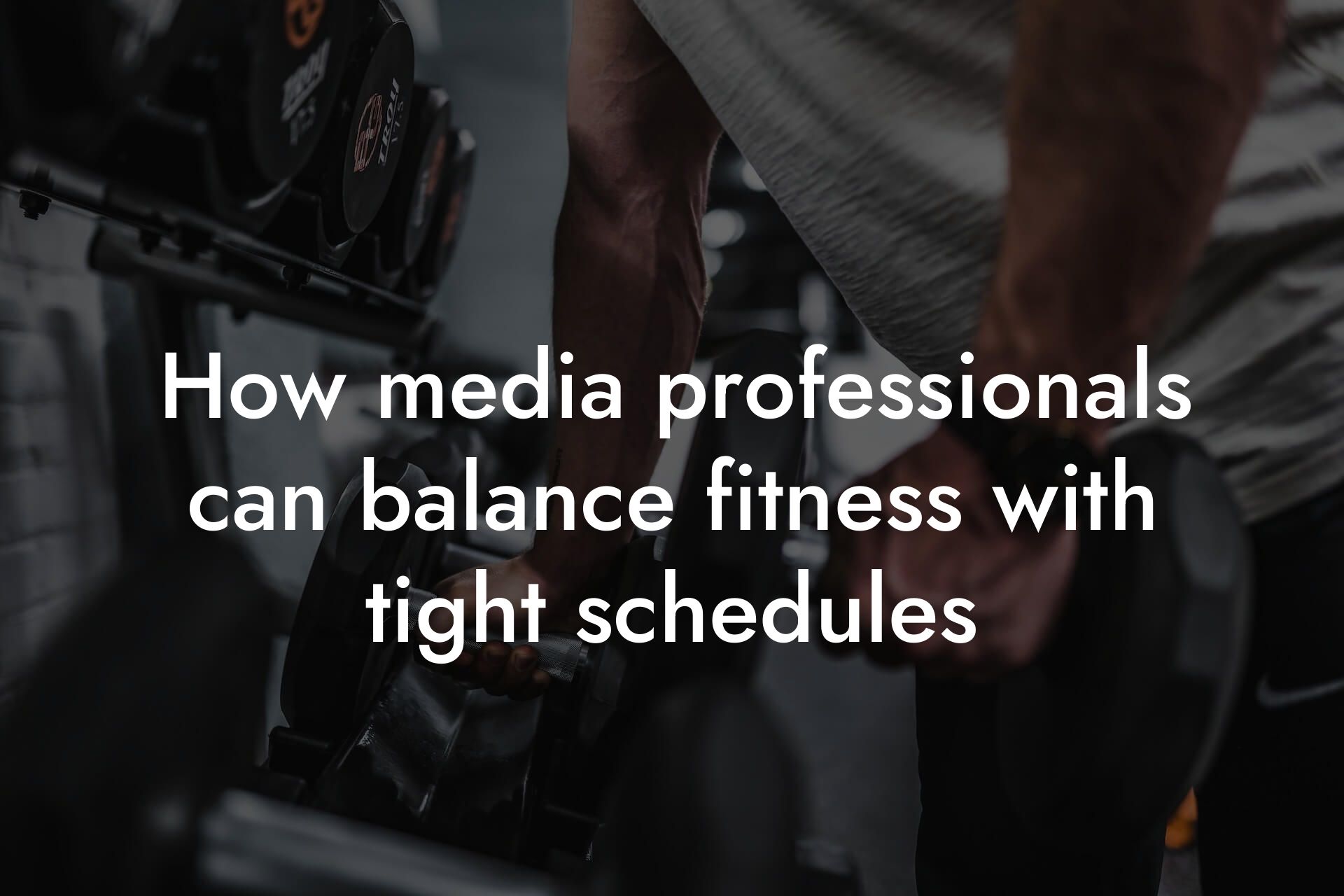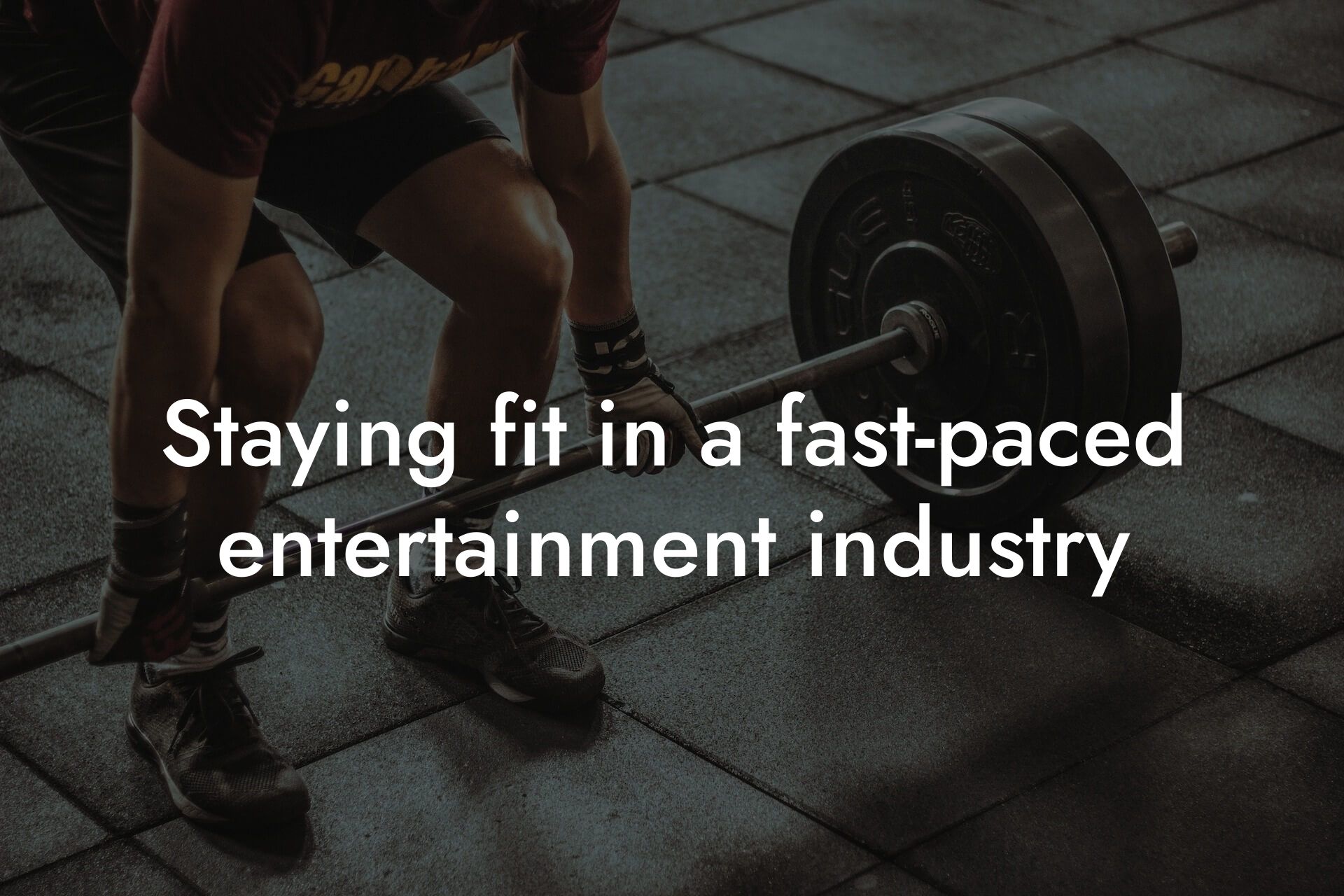As a media professional, maintaining a fit and healthy physique is crucial for success in the industry. With the constant pressure to look good on camera, it's essential to have a reliable method to track your body composition and bone density. This is where DEXA (Dual-Energy X-ray Absorptiometry) scans come in. At Tano Performance Group, we understand the importance of having accurate and comprehensive information about your body, which is why we use DEXA machines to provide our clients with a complete body assessment.
Table of Contents
What is a DEXA Scan?
A DEXA scan is a non-invasive, low-radiation medical imaging test that measures bone density and body composition. It uses X-rays to produce images of the inside of your body, which are then analyzed to provide detailed information about your bone density, fat mass, lean mass, and percentage body fat. The scan is quick, taking only about 10-15 minutes to complete, and is completely painless.
How Does a DEXA Scan Work?
During a DEXA scan, you will lie on a flat table, and a scanner will pass over your body, emitting X-rays at two different energy levels. The X-rays are absorbed differently by different types of tissue, allowing the scanner to distinguish between bone, lean tissue, and fat. The resulting images are then analyzed using specialized software to provide a detailed breakdown of your body composition.
What Information Does a DEXA Scan Provide?
A DEXA scan provides a wealth of information about your body, including:
- Bone density: A measure of the density of your bones, which can help identify osteoporosis or osteopenia.
- Fat mass: A measure of the amount of fat in your body, including visceral fat (fat around your organs).
- Lean mass: A measure of the amount of lean tissue in your body, including muscle mass.
- Percentage body fat: A measure of the percentage of your body that is made up of fat.
- Body fat distribution: A measure of where fat is distributed throughout your body, including the arms, legs, trunk, and visceral area.
Why is a DEXA Scan Important for Media Professionals?
As a media professional, a DEXA scan can provide valuable insights into your body composition and bone density. This information can help you:
- Monitor your progress: By tracking changes in your body composition and bone density over time, you can see the effects of your diet and exercise routine.
- Identify areas for improvement: A DEXA scan can help you identify areas where you may need to focus your fitness efforts, such as building muscle or reducing body fat.
- Optimize your physique: With accurate information about your body composition, you can tailor your diet and exercise routine to achieve your desired physique.
- Improve your overall health: A DEXA scan can help identify potential health risks, such as osteoporosis or visceral fat, allowing you to take proactive steps to address them.
How Often Should I Get a DEXA Scan?
The frequency of DEXA scans depends on your individual goals and needs. At Tano Performance Group, we recommend getting a DEXA scan every 3-6 months to track progress and make adjustments to your fitness routine as needed. However, if you have specific health concerns or are trying to achieve a specific physique goal, you may need to get scanned more frequently.
What to Expect During a DEXA Scan
During a DEXA scan, you will be asked to lie on a flat table and remain still for the duration of the scan. You may be asked to remove any metal objects, such as jewelry or glasses, and to wear a hospital gown. The scan is completely painless and non-invasive, and you will not feel any discomfort during the procedure.
As a media professional, maintaining a fit and healthy physique is crucial for success in the industry. A DEXA scan provides a comprehensive and accurate way to track your body composition and bone density, allowing you to make informed decisions about your diet and exercise routine. At Tano Performance Group, we are dedicated to providing our clients with the information they need to achieve their goals and maintain a healthy, fit physique. Contact us today to schedule your DEXA scan and take the first step towards achieving your desired physique.
Frequently Asked Questions
What is a DEXA scan, and how does it work?
A DEXA (Dual-Energy X-ray Absorptiometry) scan is a non-invasive, painless medical test that measures bone density, body composition, and fat distribution. It uses low-level X-rays to produce images of the inside of the body, providing a detailed assessment of bone health and body fat percentage. The scan takes about 10-15 minutes to complete, and the results are usually available immediately.
Why is it essential for media professionals to maintain their physique?
As a media professional, your physical appearance is often a crucial aspect of your job. A well-maintained physique can boost your confidence, enhance your on-camera presence, and even impact your career advancement. Moreover, a healthy body composition can improve your overall well-being, reducing the risk of chronic diseases and increasing your energy levels.
How does a DEXA scan help media professionals maintain their physique?
A DEXA scan provides a comprehensive picture of your body composition, including your bone density, lean muscle mass, and body fat percentage. This information enables you to identify areas for improvement, set realistic goals, and track your progress over time. With a DEXA scan, you can fine-tune your diet and exercise routine to achieve a more toned and lean physique.
What are the benefits of using DEXA scans for body composition analysis?
DEXA scans offer several benefits, including high accuracy, precision, and reliability. They provide a detailed breakdown of your body composition, allowing you to track changes in your lean muscle mass, body fat percentage, and bone density. Additionally, DEXA scans are non-invasive, painless, and quick, making them a convenient option for busy media professionals.
How often should I get a DEXA scan to track my progress?
The frequency of DEXA scans depends on your individual goals and needs. If you're trying to lose weight or improve your body composition, we recommend getting a scan every 3-6 months to track your progress. If you're maintaining a healthy physique, an annual scan may be sufficient. Consult with a healthcare professional or registered dietitian to determine the best schedule for you.
Can I use DEXA scans to monitor my bone health?
Yes, DEXA scans are an excellent way to monitor your bone health, particularly for media professionals who may be at risk of osteoporosis or osteopenia due to their occupation. Regular scans can help you identify any bone density issues early on, allowing you to take preventive measures to maintain strong bones.
How accurate are DEXA scans in measuring body fat percentage?
DEXA scans are highly accurate in measuring body fat percentage, with a margin of error of around 1-2%. This is because DEXA scans use advanced technology to distinguish between different tissue types, providing a precise measurement of your body fat percentage.
Can I use DEXA scans to track my muscle mass?
Yes, DEXA scans can track your lean muscle mass, which is essential for media professionals who need to maintain a toned physique. By monitoring your muscle mass, you can adjust your diet and exercise routine to optimize your muscle growth and maintenance.
How does a DEXA scan compare to other body composition analysis methods?
DEXA scans are considered one of the most accurate and reliable methods for body composition analysis. They offer several advantages over other methods, such as skinfold measurements, bioelectrical impedance analysis (BIA), and hydrostatic weighing. DEXA scans provide a more detailed breakdown of your body composition, including bone density, lean muscle mass, and body fat percentage.
Are DEXA scans safe, and are there any risks involved?
DEXA scans are extremely safe and pose minimal risks. They use low-level X-rays, which are significantly lower than those used in traditional X-ray machines. The scan itself is painless and non-invasive, and you will not experience any discomfort or side effects.
Can I get a DEXA scan if I'm pregnant or breastfeeding?
We recommend that pregnant or breastfeeding women consult with their healthcare provider before getting a DEXA scan. While the scan itself is safe, it's essential to ensure that it's necessary and appropriate for your individual situation.
How do I prepare for a DEXA scan?
To prepare for a DEXA scan, avoid eating or drinking for at least 2 hours prior to the scan. Wear loose, comfortable clothing and avoid wearing metal objects, such as jewelry or glasses. Additionally, inform your healthcare provider or the scanning technician if you have any metal implants or have recently had a barium study or contrast agent.
What do I need to do to maintain a healthy body composition?
To maintain a healthy body composition, focus on a balanced diet that includes plenty of fruits, vegetables, whole grains, lean protein, and healthy fats. Regular exercise, such as cardio and strength training, is also essential. Aim to get at least 7-8 hours of sleep per night and manage your stress levels through relaxation techniques like meditation or yoga.
How can I use my DEXA scan results to create a personalized fitness plan?
Use your DEXA scan results to identify areas for improvement and set realistic goals. Work with a registered dietitian or personal trainer to create a customized fitness plan that addresses your specific needs and goals. Focus on exercises that target your weaknesses and incorporate progressive overload to challenge your muscles.
Can I use DEXA scans to monitor my progress in a weight loss program?
Yes, DEXA scans are an excellent way to monitor your progress in a weight loss program. By tracking changes in your body composition, you can adjust your diet and exercise routine to optimize your weight loss and ensure that you're losing fat, not muscle.
How do I interpret my DEXA scan results?
Interpreting your DEXA scan results requires a basic understanding of body composition analysis. Look for metrics such as your body fat percentage, lean muscle mass, and bone density. Compare your results to established norms and track changes over time to ensure you're moving in the right direction.
Can I get a DEXA scan if I have a metal implant or prosthetic?
It's generally safe to get a DEXA scan if you have a metal implant or prosthetic, but inform your healthcare provider or the scanning technician about your implant beforehand. They may need to take additional precautions or adjust the scan protocol to ensure accurate results.
How much does a DEXA scan cost, and is it covered by insurance?
The cost of a DEXA scan varies depending on the location, provider, and your insurance coverage. On average, a DEXA scan can cost between $100 to $300. Check with your insurance provider to see if they cover DEXA scans for body composition analysis or bone density testing.
Can I get a DEXA scan at my doctor's office or do I need to go to a specialized clinic?
Many healthcare providers, including primary care physicians and specialists, offer DEXA scans in their offices. You can also find specialized clinics or imaging centers that provide DEXA scans. Check with your healthcare provider or insurance provider to determine the best option for you.
How long does it take to get the results of my DEXA scan?
The results of your DEXA scan are usually available immediately after the scan. Your healthcare provider or the scanning technician will review the results with you and provide a detailed report outlining your body composition, bone density, and other relevant metrics.
Can I share my DEXA scan results with my personal trainer or nutritionist?
Yes, you can share your DEXA scan results with your personal trainer or nutritionist. In fact, we recommend sharing your results with your healthcare team to ensure that you're receiving personalized guidance and support. Your DEXA scan results can help your trainer or nutritionist create a more effective fitness and nutrition plan tailored to your specific needs and goals.
Here are some related articles you might love...
- How media professionals can balance fitness with tight schedules
- Balancing fitness and career demands in the media industry
- Staying fit in a fast-paced entertainment industry
- The impact of physical health on performance in media roles
- Quick workouts for actors and entertainers on set
- Managing stress through physical fitness in the entertainment industry
- The role of body composition in on-screen appearances
- How to maintain a fit physique during long production hours
- Nutrition tips for staying camera-ready
Zak Faulkner
Zak Faulkner is a leading authority in the realm of physical health and body composition analysis, with over 15 years of experience helping professionals optimise their fitness and well-being. As one the experts behind Tano Performance Group, Zak has dedicated his career to providing in-depth, science-backed insights that empower clients to elevate their physical performance and overall health.
With extensive knowledge of DEXA technology, Zak specializes in delivering comprehensive body assessments that offer precise data on body fat, muscle mass, bone density, and overall physique. His expertise enables individuals to make informed decisions and achieve their fitness goals with accuracy and confidence. Zak’s approach is rooted in a deep understanding of human physiology, combined with a passion for helping clients unlock their full potential through personalised strategies.
Over the years, Zak has earned a reputation for his commitment to excellence, precision, and client-focused service. His guidance is trusted by top professionals who demand the best when it comes to their health. Whether advising on fitness programs, nutritional strategies, or long-term wellness plans, Zak Faulkner’s insights are a valuable resource for anyone serious about taking their health and fitness to the next level.
At Tano Performance Group, Zak continues to lead our Content Team revolutionising how professionals approach their physical health, offering unparalleled expertise that drives real results.




